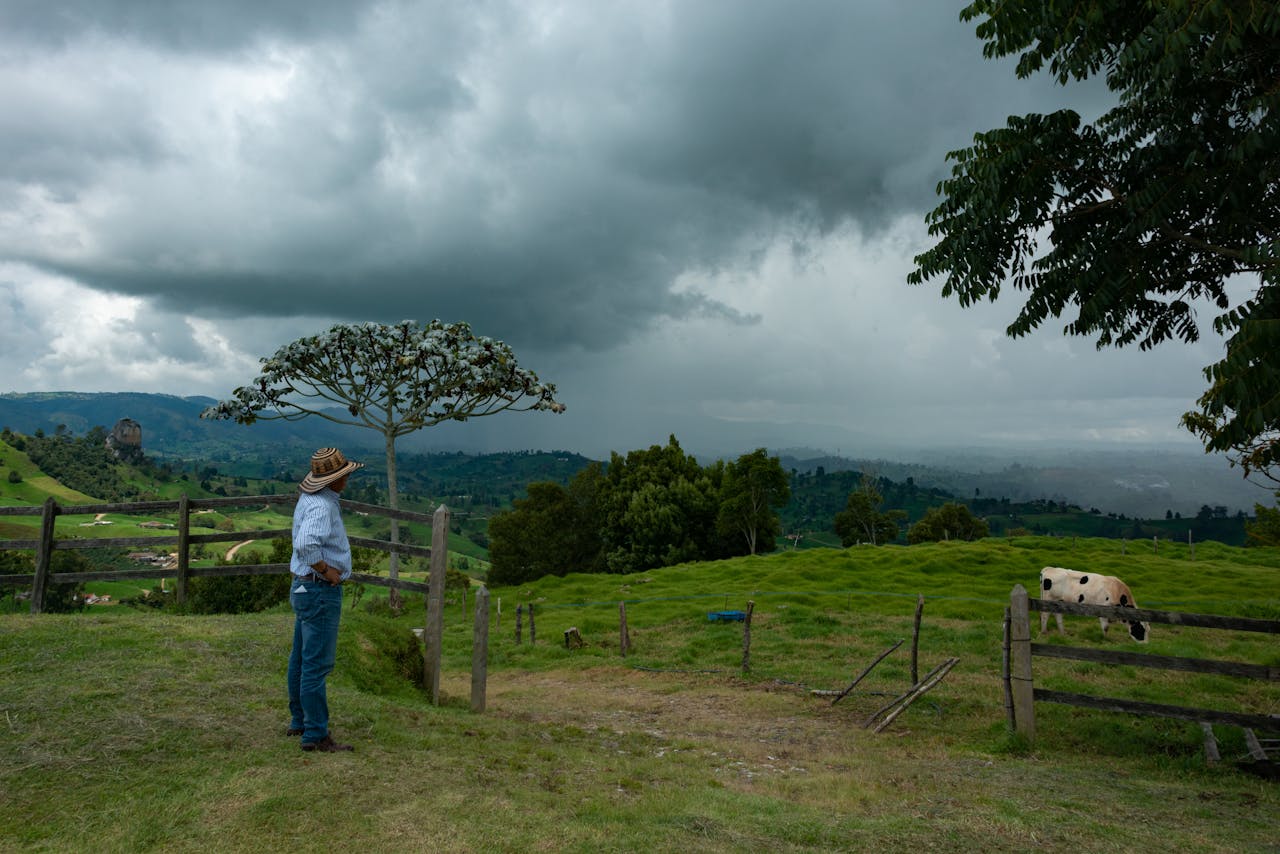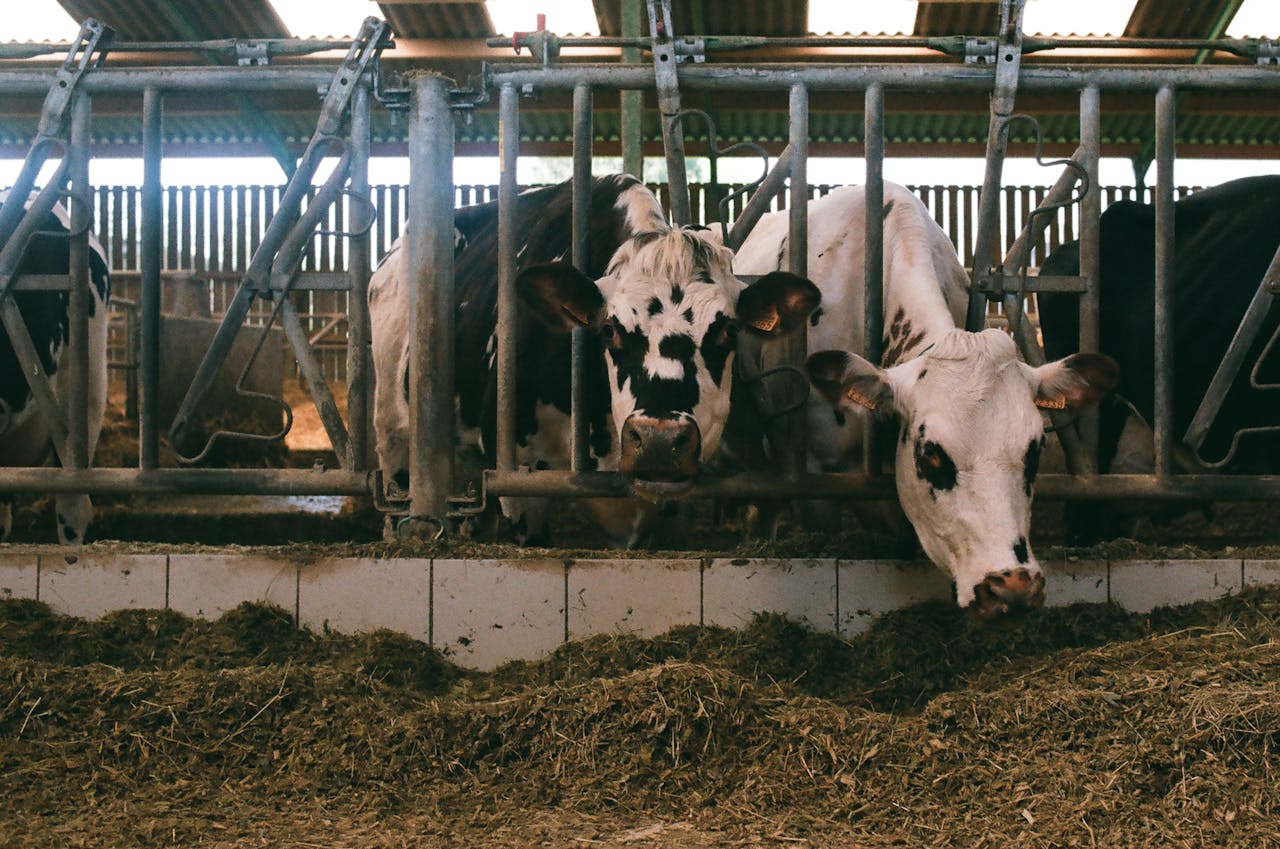Brazil’s antitrust regulator Cade has suspended the Soy Moratorium, a pact that barred the purchase of soy from newly deforested Amazon areas. The move, framed as an antitrust issue, has sparked sharp divisions between farmers, industry groups, and environmentalists. While the trade impact may be limited, the reputational risks for Brazil’s agribusiness are significant.
Cade orders Soy Moratorium termination
The Administrative Council for Economic Defence (Cade, the Brazilian antitrust authority) has ordered, as a preventive measure, the termination of the so-called Soy Moratorium.
Agreement banned post-2008 deforestation
The private agreement, established in 2006 by major grain traders, prohibited the purchase of soybeans produced in areas of the Amazon that had been deforested after July 2008.
Cartel accusations against soy exporters
In a technical note released this week, Cade accused 30 soybean-exporting companies of forming a cartel and also cited the Brazilian Association of Vegetable Oil Industries (Abiove) and the National Association of Cereal Exporters (Anec).
Regulator rejects private self-regulation
According to the regulator, the pact amounted to “private self-regulation without legal provision,” restricting the freedom of negotiation between farmers and buyers.
Case triggered by farm lobby
The investigation began after a representation filed by the Agriculture Committee of the Congress, supported by the Soybean and Maize Producers Association of Mato Grosso (Aprosoja-MT) and the National Agriculture Confederation (CNA) in February.
Tribunal review with no deadline
The case will now be reviewed by Cade’s Tribunal, with no defined deadline.
Companies face 10-day deadline
The decision gives companies 10 days to withdraw from the moratorium. Failure to comply may result in a daily fine of R$250,000.
Government divisions emerge
The end of the moratorium deepens divisions within President Lula’s government.
The Ministry of Agriculture opposed the pact, while the Ministries of Environment and Finance supported keeping the moratorium in place.
Aprosoja-MT described the move as a significant development in the defence of free competition.
Abiove and Anec, however, said they received the decision with “surprise and concern” – vowing to appeal and cooperate with Cade.
Limited trade impact
If the end of the Soy Moratorium is confirmed, the immediate impact on Brazil’s soybean export volumes is expected to be limited, since most of the crop is produced in the Cerrado rather than the Amazon.
Yet the issue is not only geographical: international buyers – especially in the European Union and the United Kingdom – may impose restrictions or trade boycotts.
In the short term, however, the impact may remain limited, as China and other Asian destinations have less stringent environmental requirements.
Reputation risks for agribusiness
Moreover, the suspension could harm the image of Brazilian production, including the poultry, pork, and beef sectors.
The Soy Moratorium served as a form of protection for these supply chains, aiming to reduce reputational risks associated with deforestation for animal protein exports.

